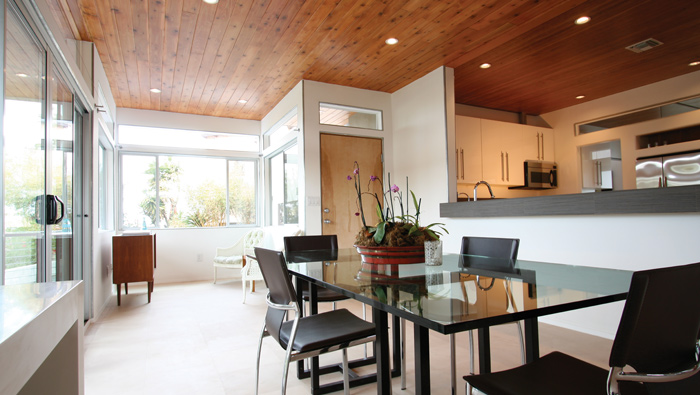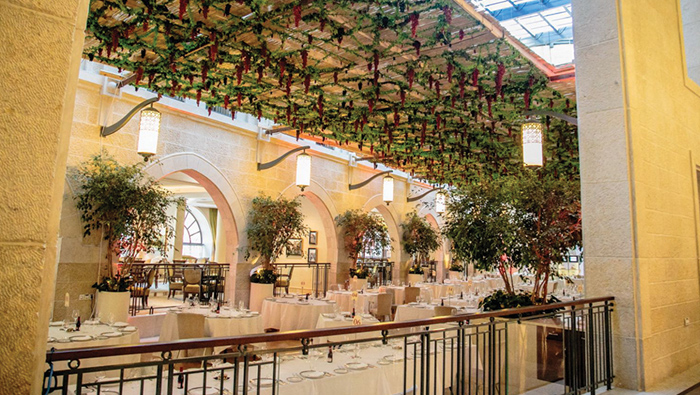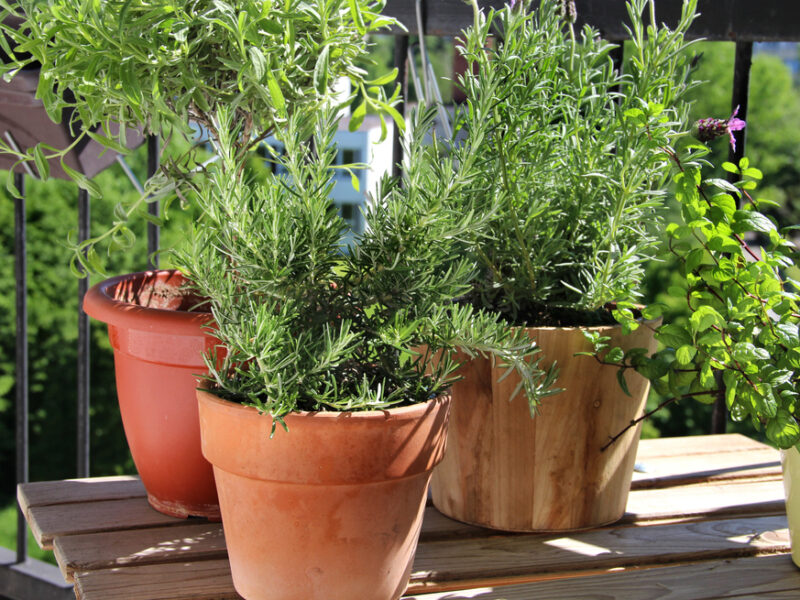By Ori Parnaby
Whether you’re getting your home ready to put on the market or simply want to simplify your space, eliminating clutter can dramatically change the way your home looks and feels.
However, we often don’t know where to start, and years of accumulated stuff filling up our space can feel overwhelming. The reality is that getting organized isn’t that complicated. Contrary to popular belief, organized people aren’t born with a “clean gene” and cluttered people can learn how to get organized. It just takes some time, energy and the willingness to make a change.
It might feel like there’s a lot of pressure to get organized. There are shows and books and articles all dedicated to helping us change. The KonMari method, which was created by Marie Kondo and emphasizes decluttering to inspire a joyful life, has motivated many people to simplify. But here’s the truth: if you are happy with how things are, you don’t need to change. The main reasons to get organized are to find what you need when you need it and to feel good about your space. If you are trying to sell your home, organizing can also enhance its appeal to prospective buyers.But generally, people are not at peace with clutter; it increases stress and anxiety. And we lose a lot of time trying to find things. When people can’t find what they are looking for, they often buy a replacement for it and then they’re stuck with two. Staying on top of the clutter becomes a job in itself.
If you are overwhelmed by the disorder and don’t feel happy in your space, it may be time for a change. Do you want more time to do the things you love? Do you want to feel free? It’s our job to live our best lives. If you aren’t doing that, is disorganization playing a part? If so, do you care enough to do something about it? Getting organized can be stressful, but the end result is so worth the effort.
Here’s the problem: our possessions become emotionally charged and saying goodbye to the things that don’t serve us becomes an emotional decision rather than a logical one. We keep items that don’t enhance our lives because they either remind us of a better time, or are wrapped up in hopes for better times ahead. Our stuff makes us nostalgic, regretful, guilty, anxious, worried, hopeful and so much more. Being willing to declutter entails asking yourself some difficult questions. Do you love it? Does it work? Do you use it? If not, why not and why are you keeping it? And, as Kondo would say, does it spark joy in you? If you are willing to explore your reasons for keeping something, it makes it easier to part with it. If it doesn’t serve your life, set it free.
Clutter is a series of delayed decisions. Every time we pick something up and don’t make a decision about whether or not it is serving us, or where it should live, we contribute to the chaos. This adds up very quickly to create a messy, cluttered environment. Stay on top of it by making quick decisions. When you get the mail, for example, put junk mail straight into the recycling bin and place the items that need to be dealt with together in a safe location.
Organizing should be a methodical process. Focus on each step and complete it before moving on to the next. Here are some ideas for going through your space and making a change.
Relocate: Take everything out of the space you are working on that belongs elsewhere. You’ll be able to really see what you’re dealing with. And the other side of that is to bring into that space all of the items that belong there.
Sort: Go through what is left in the space to figure out what you need, what you can give away, recycle or throw out. Ask yourself with each item: Does it work? Do I really love it? Do I need it? Is it serving me? Does it spark joy in me? Also, ask yourself how difficult would it be to replace the item if you decide that you need it down the line.
Sort papers with purpose: Sort papers into four piles: To Read, To Do, To File and To Shred. Have a bag next to you for anything that can be recycled. Don’t spend any time dealing with the items; just sort. Once you are done, you can attend to the individual piles.
Categorize: Put things together that belong together. In other words, office supplies together, photos with photos, books with books, etc.
Put away: Find a place in your space where you want to store your things. Put all the books together on the bookshelf, photos in a box or in albums. If you need containers, buy them, but first decide what will go in them and buy only those that will be useful. If you don’t know what you plan to put in it, don’t buy it.
Maintain: Take a few minutes each day to keep order in your new space. Put things away, go through your mail and tidy up. A big part of getting organized is staying organized.
Keep in mind, it’s no good getting organized and decluttering if you’re just going to buy more stuff. The more belongings you have, the more time you spend dealing with them and the more energy you expend to maintain your space. An enormous part of the solution to clutter is cutting back on consumerism to begin with. Before you buy something, ask yourself if it will really enhance your life.
I truly believe that anyone can learn how to get organized. It simply takes a new way of looking at your life and your things. If you can change your mindset, you can change the way your space feels.
Ori Parnaby is the Tucson Jewish community concierge and has been a professional organizer for many years. While she now puts most of her time and energy into serving the community, she still loves getting organized and helping others do the same.






